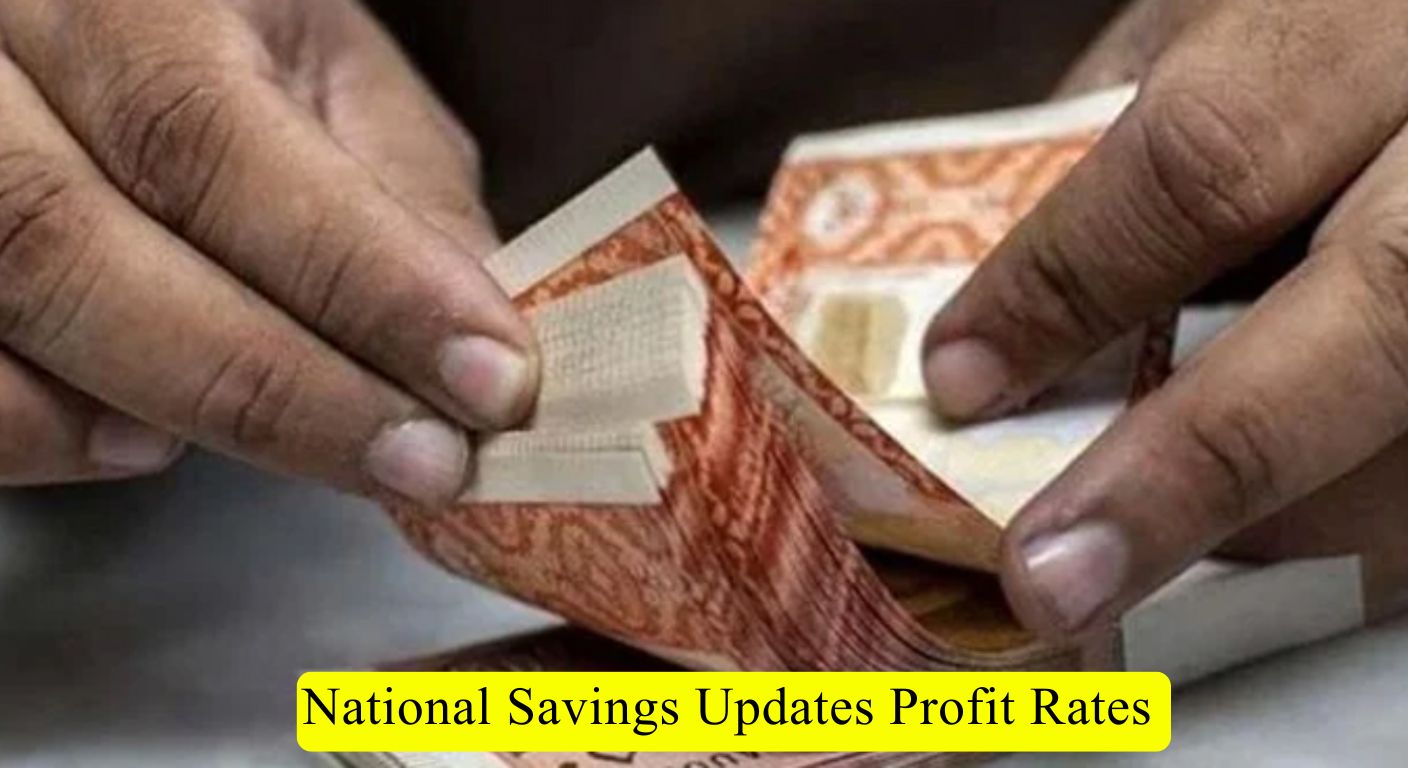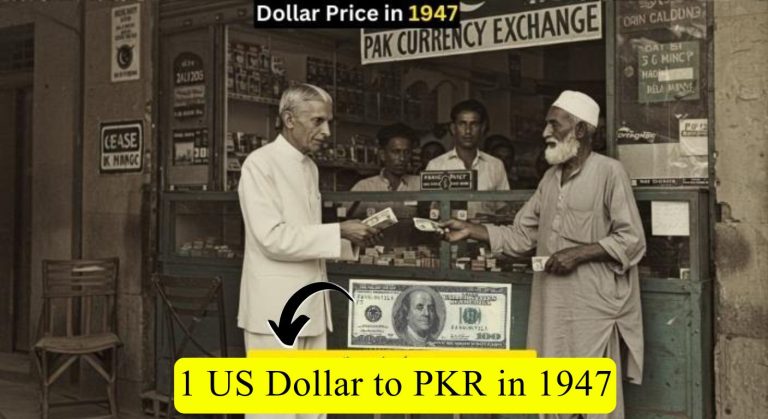National Savings Updates Profit Rates – What Investors Need to Know

The Central Directorate of National Savings (CDNS) has officially revised the profit rates on different National Savings Schemes (NSS), with the new rates coming into effect from September 17, 2025. This update impacts millions of Pakistanis who rely on savings schemes for secure, fixed-return investments. The changes bring both increases and decreases in profit rates across various accounts and certificates, influencing how investors may plan their savings in the coming months.
Profit Rate Revisions – Key Highlights
According to the notification issued by CDNS:
- Short-Term Savings Certificates (STSC):
The profit rate has been revised upward from 10.06% to 10.42%. This is a positive update for those who prefer short-term, low-risk investments with quick returns. - Sarwa Islamic Saving Accounts & Term Accounts:
The return rate has been increased from 9.50% to 9.92%, providing a slightly better return for Shariah-compliant investors. - Defence Savings Certificates (DSC):
The rate has been reduced by 12 basis points, bringing it down from 11.54% to 11.42%. While still attractive for long-term savers, this slight cut may influence some investors to reconsider allocation strategies.
These changes highlight a mixed trend—where short-term and Islamic savings instruments have seen improvement, long-term certificates like DSC have faced a minor reduction.
Why the Revision Matters
Profit rates offered by National Savings are closely linked with the State Bank of Pakistan’s (SBP) monetary policy. Recently, the Monetary Policy Committee (MPC) of SBP decided to keep the policy rate unchanged at 11%, despite economic concerns following the devastating floods.
When the policy rate remains stable, CDNS makes adjustments to ensure its schemes remain competitive while balancing government borrowing needs. This is why some instruments see increases while others face reductions.
For ordinary investors, even small changes in rates matter. A few basis points’ difference can significantly impact the total returns on larger investments, especially for long-term instruments like DSC or Behbood Savings Certificates.
Who Benefits from the New Rates?
The revised profit rates create both opportunities and challenges for investors:
- Short-Term Investors
Those who prefer to park their money in short-term savings will benefit most, as the increased rate of 10.42% improves returns without requiring long lock-in periods. - Islamic Investors
With Sarwa Islamic Savings Accounts and Term Accounts now offering 9.92%, individuals who want Shariah-compliant investments gain slightly better profits compared to previous rates. - Long-Term Savers
Defence Savings Certificates, a popular choice for secure, long-term savings, have experienced a small cut. While the revised 11.42% is still higher than many bank deposit rates, long-term investors might explore alternatives within NSS to maximize returns.
The Bigger Picture – National Savings in Pakistan
The National Savings Organisation is not just another financial institution—it is the largest savings platform in Pakistan. It manages a portfolio worth more than Rs3.4 trillion and serves over 4 million investors through 376 branches nationwide.
Its wide reach and government-backed guarantees make it a trusted option for pensioners, salaried individuals, widows, and small business owners who rely on safe, predictable returns rather than risky investments.
The revised profit rates also show how important NSS is in helping the government raise funds for development and bridge fiscal gaps. By offering different profit rates, CDNS balances the needs of savers with the financial requirements of the state.
Expert Advice for Investors
Financial experts suggest that investors should not simply focus on profit rates but also consider:
- Duration of Investment: Short-term options now look more attractive, but long-term instruments remain useful for stability.
- Inflation Impact: Real returns must be calculated after adjusting for inflation, which is still a concern in Pakistan.
- Diversification: Instead of relying on one scheme, spreading investments across multiple options helps reduce risk.
- Shariah Preference: Those seeking Islamic finance products now have a better return option in Sarwa accounts.
Investors are also encouraged to visit National Savings Centres or consult with authorised banks to fully understand the terms and conditions of each scheme before making decisions.
The Link Between Floods, Economy, and Savings
The timing of the revision is also important. Pakistan’s economy has been under pressure due to the adverse impact of recent floods, which damaged crops, infrastructure, and supply chains.
The SBP’s decision to hold the policy rate at 11% was aimed at providing stability and avoiding further shocks. However, inflationary pressures remain high, which makes fixed-return investments like NSS even more valuable for ordinary citizens seeking security in uncertain times.
Public Reaction to the Revision
Early reactions from savers show a mixed mood:
- Positive for Short-Term Savers: People are pleased with the upward revision in short-term savings rates, calling it a “timely relief” for those who need liquidity.
- Disappointment for DSC Investors: Some long-term investors feel the cut in Defence Savings Certificates is discouraging, especially since they rely on these certificates for retirement planning.
- Hope for More Stability: Many are hopeful that future revisions will balance returns across all schemes, ensuring fair benefits for both short- and long-term savers.
Why National Savings Remain Popular
Even with fluctuating profit rates, National Savings continues to attract millions of Pakistanis because:
- Government Guarantee: Investments are secure and backed by the state.
- Wide Network: With hundreds of branches, accessibility is not an issue.
- Variety of Schemes: From Shariah-compliant accounts to pensioner-focused schemes, options are available for different needs.
- Steady Returns: Even after cuts, NSS often provides better rates compared to commercial banks’ fixed deposits.
Final Thoughts
The updated profit rates of National Savings Schemes reflect the ongoing balance between investor returns and national economic priorities. For savers, the changes bring both advantages and limitations—short-term and Islamic options have become more rewarding, while long-term instruments like DSC have slightly weakened.
In times of inflation and uncertainty, secure investments are more valuable than ever. The best approach for investors is to review their goals, compare different schemes, and diversify savings to get the maximum benefit from CDNS offerings.






